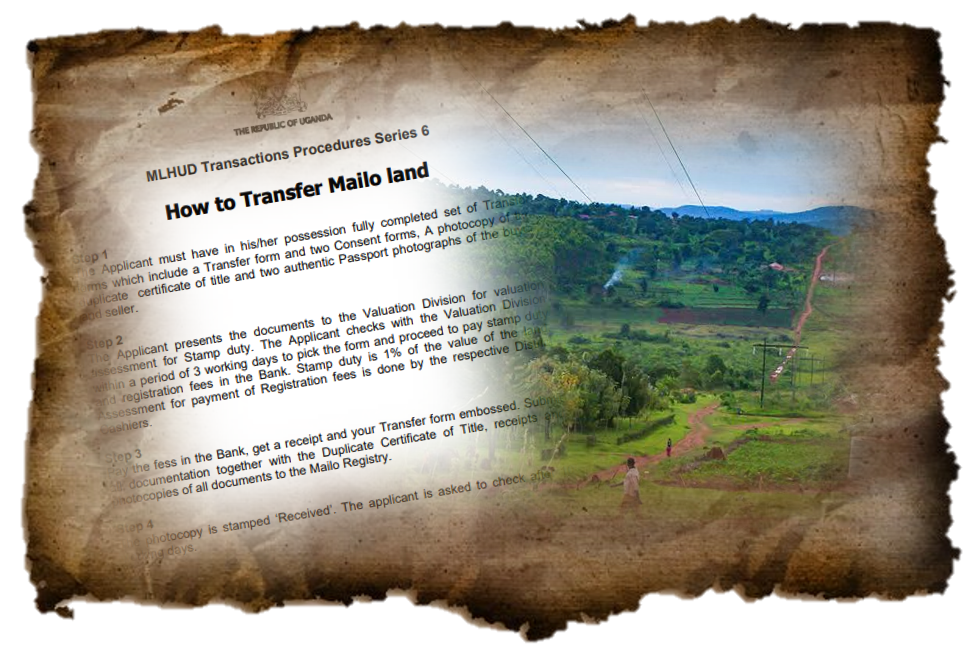A mortgage is a loan that is used to purchase a home. It is a long-term loan that typically has a fixed interest rate and a set term, usually 15 or 30 years. The goal of a mortgage is to help the borrower build equity in their home over time.
When applying for a mortgage, there are several factors that lenders will take into consideration. The first is your credit score. A higher credit score will typically result in a lower interest rate and more favorable terms. Lenders will also consider your income, debt-to-income ratio, and the value of the property you are looking to purchase.
There are several different types of mortgages available, each with their own unique features. Conventional/fixed rate mortgages are the most common type of mortgage and are typically offered by banks and other lending institutions. These mortgages have a set interest rate and a fixed term.
Other common types of mortgages:
- Adjustable-Rate Mortgages (ARMs): These mortgages have an interest rate that can fluctuate over time. These mortgages are typically used by borrowers who plan to move or refinance within a few years.
- Jumbo Mortgages: These mortgages are for high-value properties and typically have a higher down payment requirement and a higher credit score requirement.
- Reverse Mortgages: These mortgages are designed for senior citizens who have built up equity in their home. They allow the borrower to access the equity in their home without having to make payments on the loan.
- Balloon Mortgages: These mortgages have a shorter term than traditional mortgages and require a large balloon payment at the end of the term.
- Interest-Only Mortgages: These mortgages allow the borrower to only pay the interest on the loan for a certain period of time, before having to start paying off the principal.
- Hybrid Mortgages: These mortgages have features of both fixed and adjustable-rate mortgages.
Mortgages in Africa
The mortgage market in Africa is a growing one, with more and more people looking to invest in property and secure their financial future. However, there are still many challenges that need to be overcome in order to make this market more accessible to the masses.
One of the biggest challenges facing the mortgage market in Africa is access to finance. Many people in Africa do not have access to traditional banking services, which makes it difficult for them to secure a mortgage. Additionally, many African countries have very low levels of household income, which means that it is difficult for people to meet credit score requirements to qualify for a mortgage.
Another challenge facing the mortgage market in Africa is limited regulation and standards. Many African countries do not have laws in place that regulate the mortgage market, which can make it difficult for borrowers to find reliable lenders. Additionally, the lack of standards can lead to predatory lending practices, which can make it difficult for borrowers to secure a fair and affordable mortgage.
Despite these challenges, there are still many opportunities for growth in the mortgage market in Africa. One of the biggest opportunities is the rise of mobile banking and digital finance, which can help to increase access to finance for people who do not have access to traditional banking services. Additionally, there is a growing demand for affordable housing in Africa, which can help to drive the growth of the mortgage market.
Overall, the mortgage market in Africa is a growing one, but there are still many challenges that need to be overcome in order to make this market more accessible to the masses. However, with the rise of mobile banking and digital finance, as well as the growing demand for affordable housing, there is a lot of potential for growth in this market. As such, it is important for governments, policy makers, and investors to take note of this growing market and take steps to make it more accessible to the masses.




